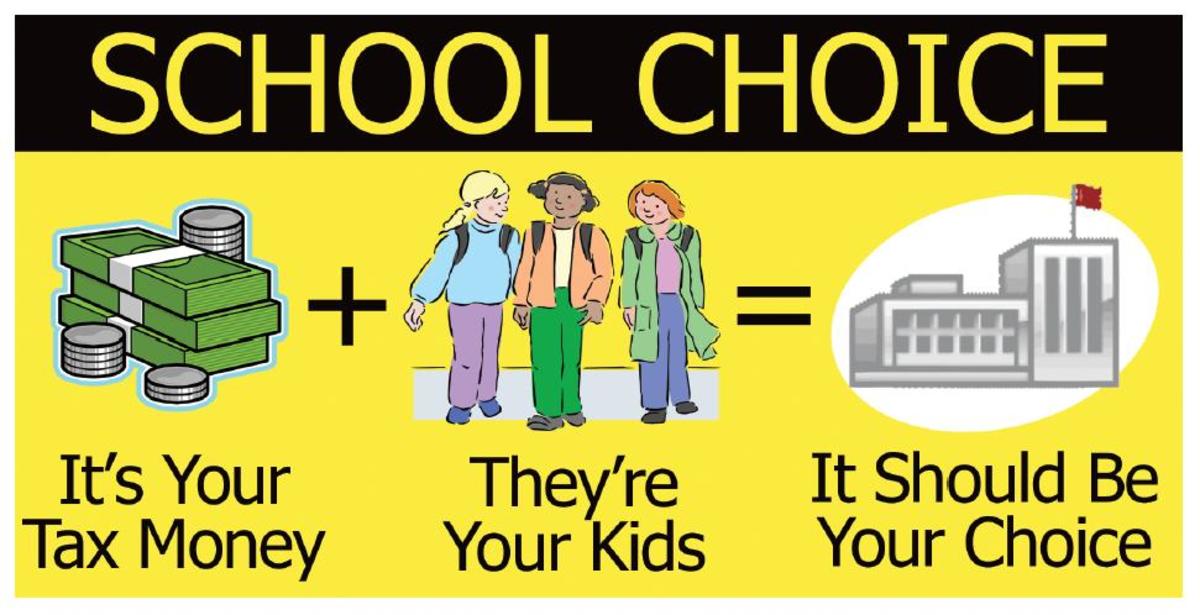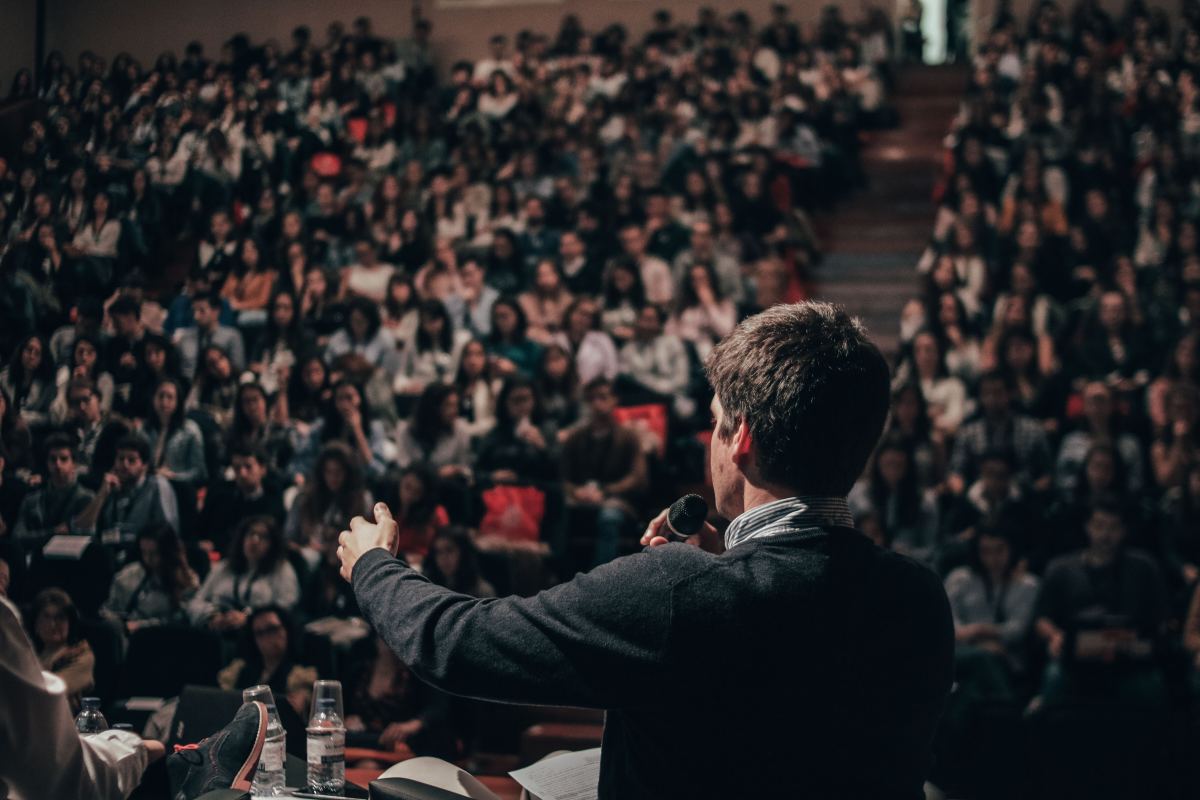Life of an Educator: The Inner Dilemma
I recently had a conversation with some of my old colleagues about the purpose of education and the issues with funding. Most of my colleagues graduated with degrees in computer science and engineering and work at successful technology companies such as Microsoft and Amazon. Being the only educator in the conversation, I felt that I had the responsibility to represent my profession and advocate the importance of public education. However, I came across a moral dilemma.
One of my colleagues asked me how funding is allocated for public education and the average salaries of teachers and school counselors. I shared the information and he was shocked and questioned why would anyone want to work in education. I sat there feeling frustrated and angry. But, he wasn't wrong.
Why would anyone want to work in education if they can get a job that pays well?
I went home feeling conflicted about my career choice and wondered how my life would be different if I chose a different career. I would not struggle so much in covering my living expenses and would live a stress-free life. I would not have to continue my education if I went into a different field. Is it all worth it?
Why would anyone want to work in education if they can get a job that pays well?
A couple days later, when I was scrolling through articles about education (this is what I do during my free time), I came across an article from the National Public Radio (NPR) regarding school funding. NPR collaborated with The School Money Project to investigate how states pay for their public schools and why many are failing to serve the needs of their vulnerable students. American school funding is broken down into these categories: 5% local money, 45% state, 10% federal. The average state funding varies across the nation since property values differ depending on the neighborhoods and school districts. As a result, property taxes create an economic division between schools in wealthy and poor neighborhoods within the same school district (Carsen, Isensee, Kharis, Lloyd, Olgin, Turner, & Veva, 2016).
Even though I am an educator, I was surprised to see how the responsibility of funding is distributed. I questioned why the federal government is not investing more in public education despite it being a current hot topic. It was obvious that our country is failing to provide the quality education that all students deserve in order to become morally biding citizens.
If the American government does not want to invest in education, who will?
At the end, I came to realize how important my work is. I am not just contributing to the education of many students but also to the public education system. My contributions, whether big or small, will impact the students I work with and also the system.
Yes, it does suck that educators are highly educated and training professionals but are not paid livable wages. But I believe that I have a moral responsibility to educate and advocate for public education. Someone has to do it.








